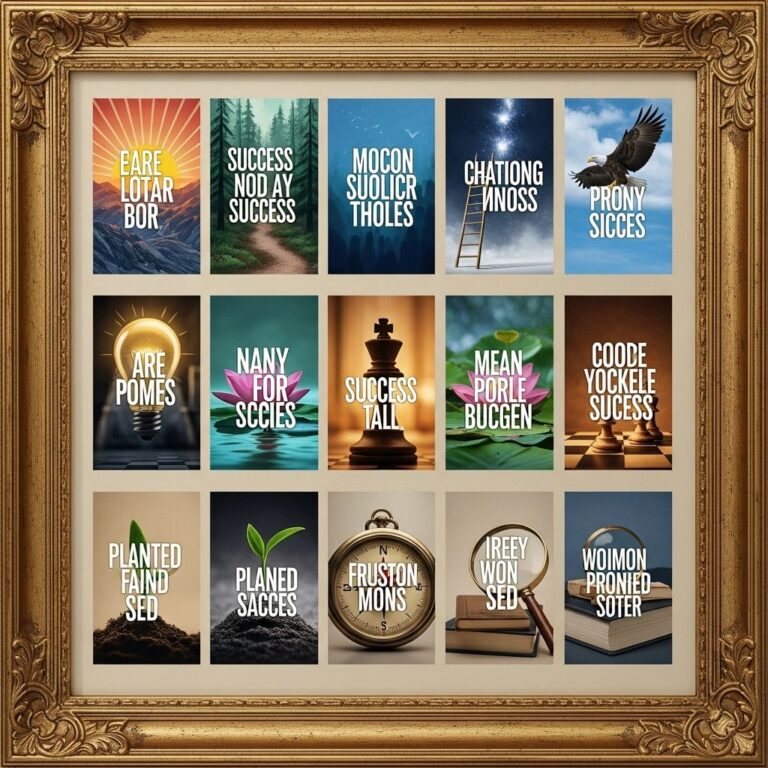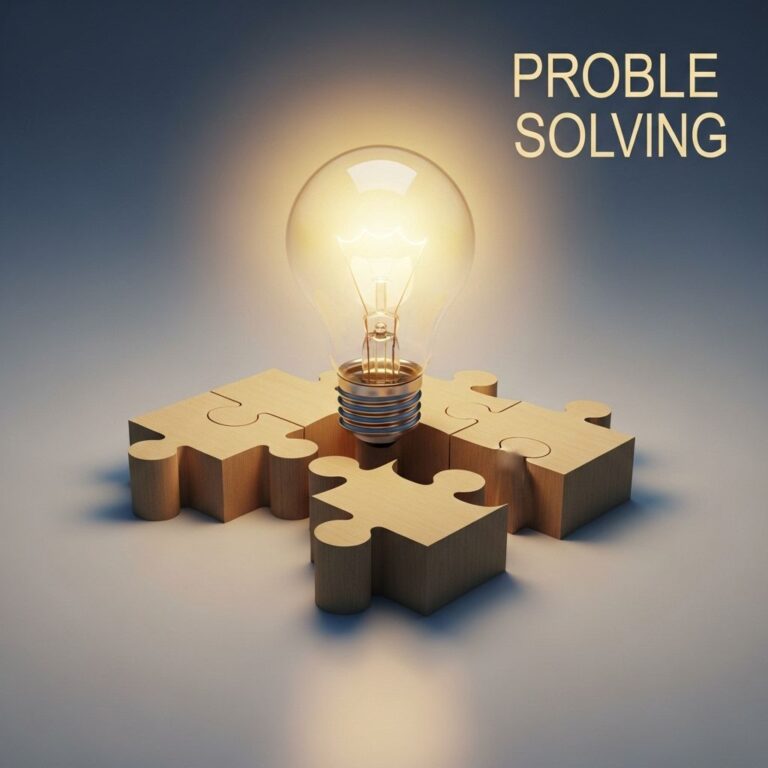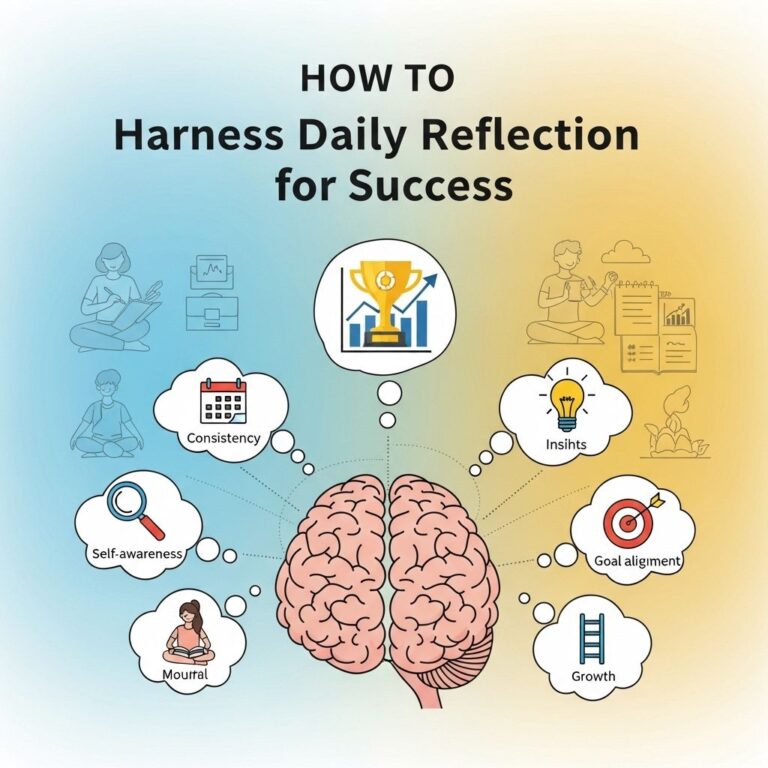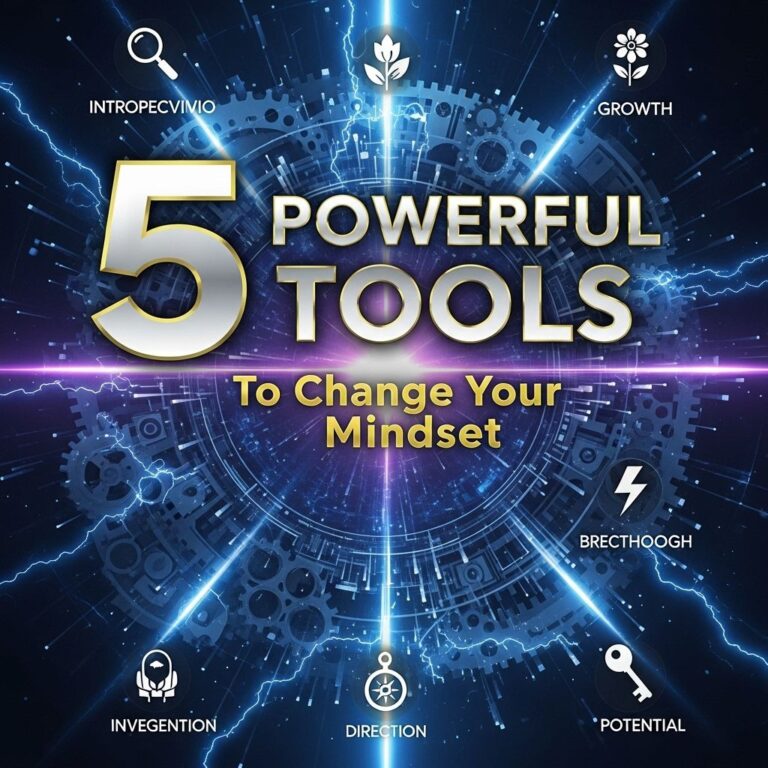As we approach the new year, many individuals are reflecting on their personal and professional goals. The transition into 2025 presents a unique opportunity for transformation. In an era defined by rapid technological advancements and cultural shifts, it’s important to embrace change and strive for continuous improvement. Whether you aim to enhance your skill set, improve your well-being, or embark on a new career path, committing to transformation can lead to a more fulfilling life.
Table of Contents
Defining Your Transformation Goals
The first step in your journey towards transformation is to clearly define your goals. Setting specific, measurable, achievable, relevant, and time-bound (SMART) goals will provide you with a clear roadmap.
Steps to Set SMART Goals:
- Specific: Identify exactly what you want to achieve.
- Measurable: Determine how you will measure your progress.
- Achievable: Ensure your goals are realistic and attainable.
- Relevant: Align your goals with your personal values and long-term objectives.
- Time-bound: Set a deadline for your goals.
Embracing New Technologies
In 2025, technology continues to evolve at a staggering pace. Embracing new technologies is crucial for personal and professional development. Here are some trends to consider:
Key Technological Trends:
| Technology | Description |
|---|---|
| Artificial Intelligence (AI) | AI tools are transforming industries, enhancing productivity, and automating routine tasks. |
| Blockchain | Blockchain technology is revolutionizing data security and transparency in various sectors. |
| Virtual Reality (VR) and Augmented Reality (AR) | VR and AR are changing the landscape of training and simulation across multiple fields. |
| 5G Connectivity | 5G networks enable faster and more reliable internet, essential for IoT devices. |
| Remote Work Tools | Tools for remote collaboration are becoming more sophisticated, shaping the modern workplace. |
Developing a Growth Mindset
A growth mindset is essential for transformation. It encourages you to embrace challenges and persist in the face of setbacks. Here’s how to cultivate a growth mindset:
Strategies to Foster a Growth Mindset:
- Embrace challenges as opportunities to learn.
- Focus on the process rather than the outcome.
- Learn from feedback and criticism.
- Celebrate the success of others.
- Stay curious and keep learning.
Building Sustainable Habits
To maintain long-lasting transformation, it’s vital to build sustainable habits. Here are some effective strategies:
Creating Sustainable Habits:
- Start Small: Focus on small, manageable changes to avoid feeling overwhelmed.
- Be Consistent: Consistency is key to forming new habits. Set a daily or weekly routine.
- Track Your Progress: Use apps or journals to document your journey and stay motivated.
- Stay Accountable: Share your goals with a friend or mentor to create accountability.
Investing in Yourself
Transformation often requires investment in your personal and professional development. Consider the following areas to invest in:
Areas to Invest In:
- Education: Online courses and certifications can enhance your skill set.
- Health: Prioritize physical and mental well-being through regular exercise and mindfulness practices.
- Networking: Build relationships within your industry to open new opportunities.
- Personal Branding: Craft your online presence to reflect your professional identity.
Finding Inspiration
Inspiration can fuel your transformation journey. Here are some sources to consider:
Inspiration Sources:
- Books and Podcasts: Seek out materials that inspire and educate.
- Mentors: Find a mentor who can guide you and provide valuable insights.
- Networking Events: Attend conferences and workshops to meet like-minded individuals.
- Online Communities: Engage with forums and social media groups that focus on your areas of interest.
Measuring Your Success
Finally, measuring your success is critical to understanding the effectiveness of your transformation efforts. Here are some methods to evaluate your progress:
Evaluation Strategies:
- Reflection: Regularly take time to reflect on your growth and experiences.
- Feedback: Seek feedback from peers and mentors to gain insights into your performance.
- Adjust Goals: Be flexible and willing to adjust your goals and strategies as needed.
- Celebrate Milestones: Acknowledge and celebrate your achievements, no matter how small.
Conclusion
As we step into 2025, the potential for transformation is limitless. By setting clear goals, embracing technology, developing a growth mindset, investing in yourself, and measuring success, you can turn your aspirations into reality. The journey of transformation begins with a single step—take that step today and make this year your most transformative yet.
FAQ
What does it mean to make 2025 my year of transformation?
Making 2025 your year of transformation means setting specific goals and taking actionable steps to improve various aspects of your life, including personal growth, health, career, and relationships.
How can I set achievable goals for my transformation in 2025?
To set achievable goals, use the SMART criteria: ensure your goals are Specific, Measurable, Achievable, Relevant, and Time-bound. This will help you create a clear roadmap for your transformation.
What are some tips for staying motivated during my transformation journey?
Stay motivated by tracking your progress, celebrating small wins, surrounding yourself with supportive people, and reminding yourself of your ‘why’ behind the transformation.
Can I transform multiple areas of my life at once in 2025?
Yes, you can focus on multiple areas of your life, but it’s often more effective to prioritize one or two areas at a time to avoid feeling overwhelmed and to achieve lasting change.
What resources can help me in my transformation process?
Resources such as self-help books, online courses, coaching, support groups, and mindfulness practices can provide guidance and support throughout your transformation journey.
How do I track my progress in transforming my life in 2025?
You can track your progress through journaling, setting milestones, using apps to monitor changes, or regularly reviewing your goals and adjusting them as necessary.









